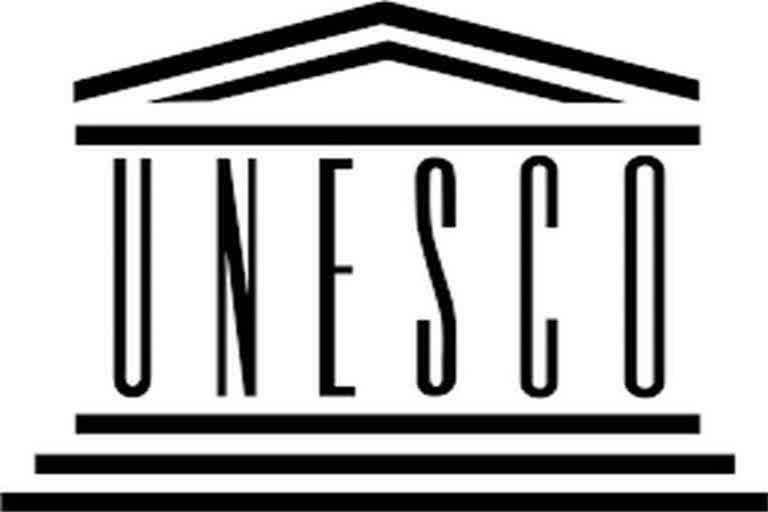KOLKATA: The latest report on the condition of the school education system in India by the United Nations Educational, Scientific and Cultural Organisation (UNESCO) has once again laid open the pathetic condition of the education system in the country.
According to the report, the total numbers of vacant posts in primary, upper primary, secondary and higher secondary schools in the state stand at 1,10,000. Most of these schools are in rural areas, which account for 69 per cent. On this count, West Bengal's position is the third among all Indian states.
Overall, Yogi Adityanath-ruled Uttar Pradesh is in the third position with the total number of teachers' posts lying vacant is 3,30,000. Nithish Kumar-ruled Bihar is in the second position at 2,20,000. Nationally, the figure is around 11,16,000.
State education department sources said that the indication of this pathetic state of affairs first became evident a couple of years back when the union human resources ministry forwarded some queries from the state education department on the student to teacher ratio in the schools of the state.
Also Read: Child labour among school going children increased in lockdown period in West Bengal
"At that point of time, it was revealed that the number of vacant teachers' posts for four important subjects in the science stream, namely mathematics, physics, chemistry and biology in the state, had already reached an alarming stage then. The number of vacant teachers' posts were 3,123 for mathematics, 1,795 for physics, 1,787 for chemistry and 2,178 for biology," said a state education department on strict condition of anonymity.
ETV Bharat tried to reach out to the State Education Minister Bratya Basu to get his reaction on this issue. But his mobile phone was unanswered. Speaking on this issue, academic administrator Suchismita Bagchi Sen said that when scientific development of the education system does not become a priority for the ruling party then such a pathetic picture pops up.
"This problem has always been acute in the three states. In all these three states, traditionally, there had been unnecessary political interference in the educational system. I do not think that this problem can be solved without political goodwill," she said.



